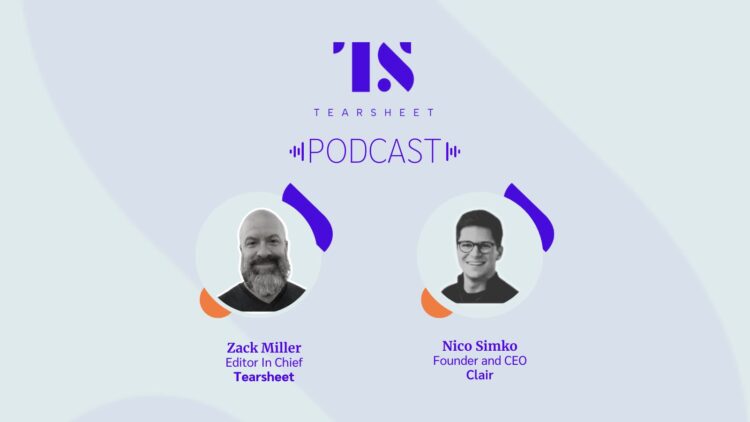Podcasts
Evolving Regulations, Evolving Payroll: The future of Earned Wage Access with Clair CEO Nico Simko
- In this episode of the Tearsheet Podcast, join us as we delve into the evolving landscape of Earned Wage Access with Nico Simko, CEO of Clair.
- Nico walks us through the changing regulatory environment, defensible distribution strategies, and his vision for a full-service frontline bank for hourly workers.








